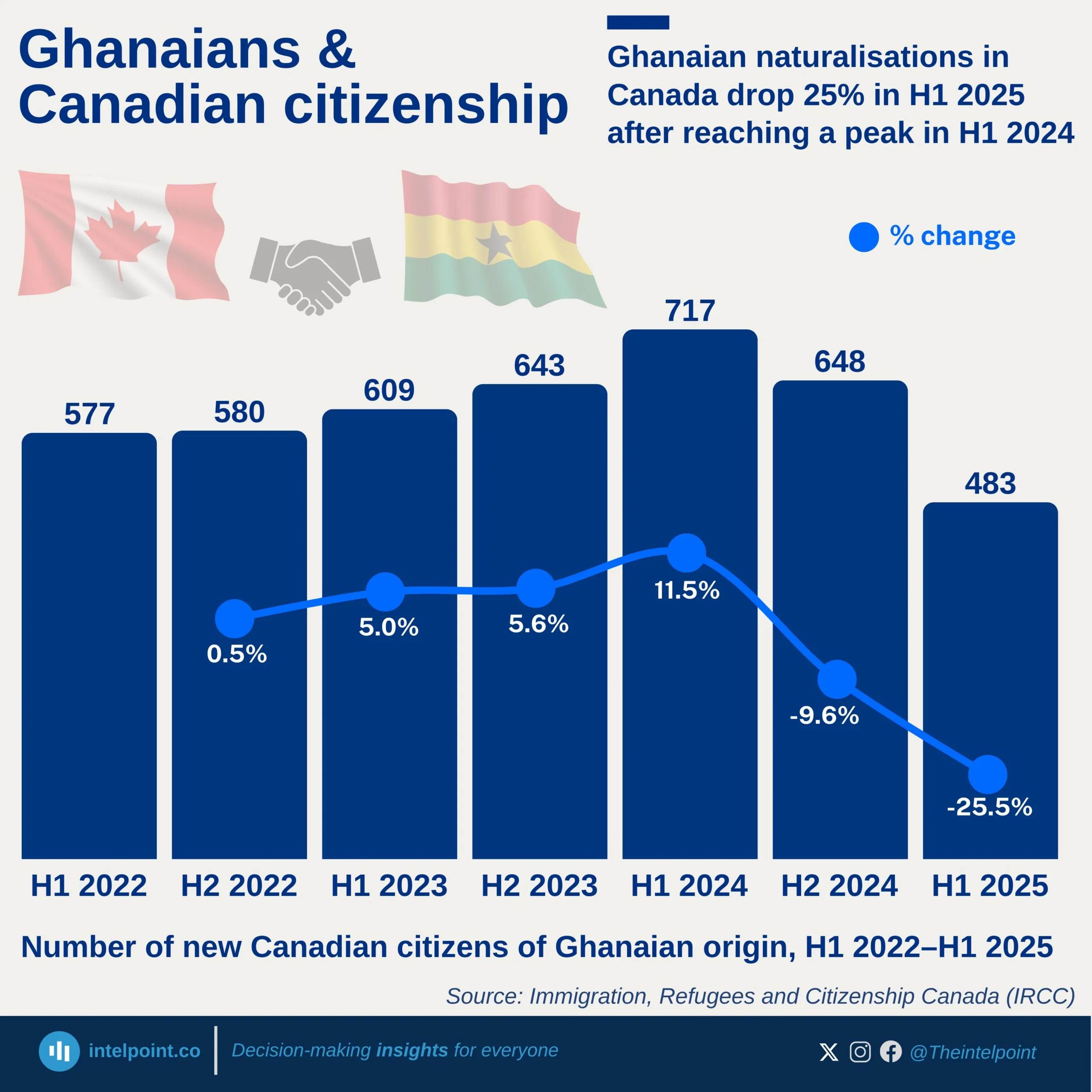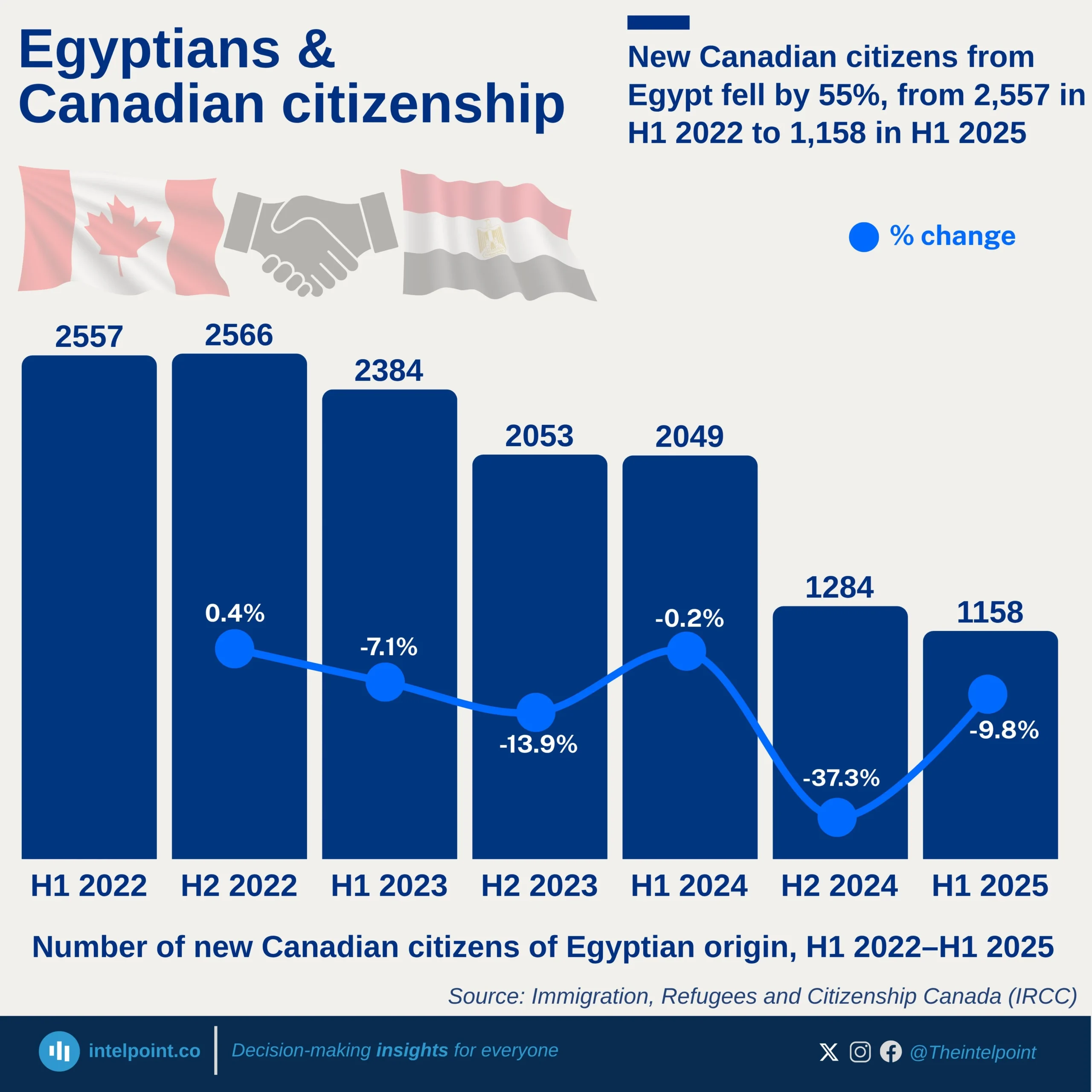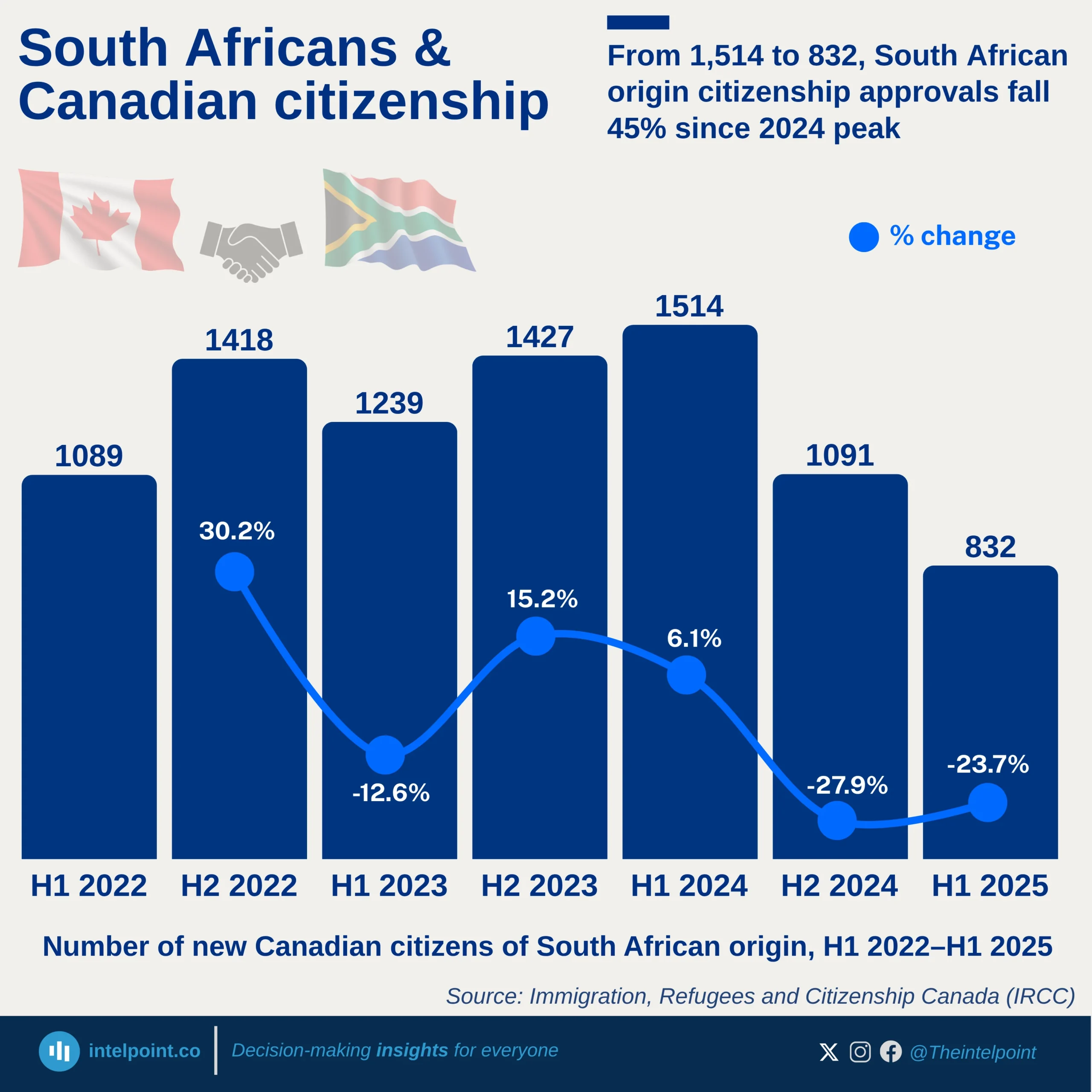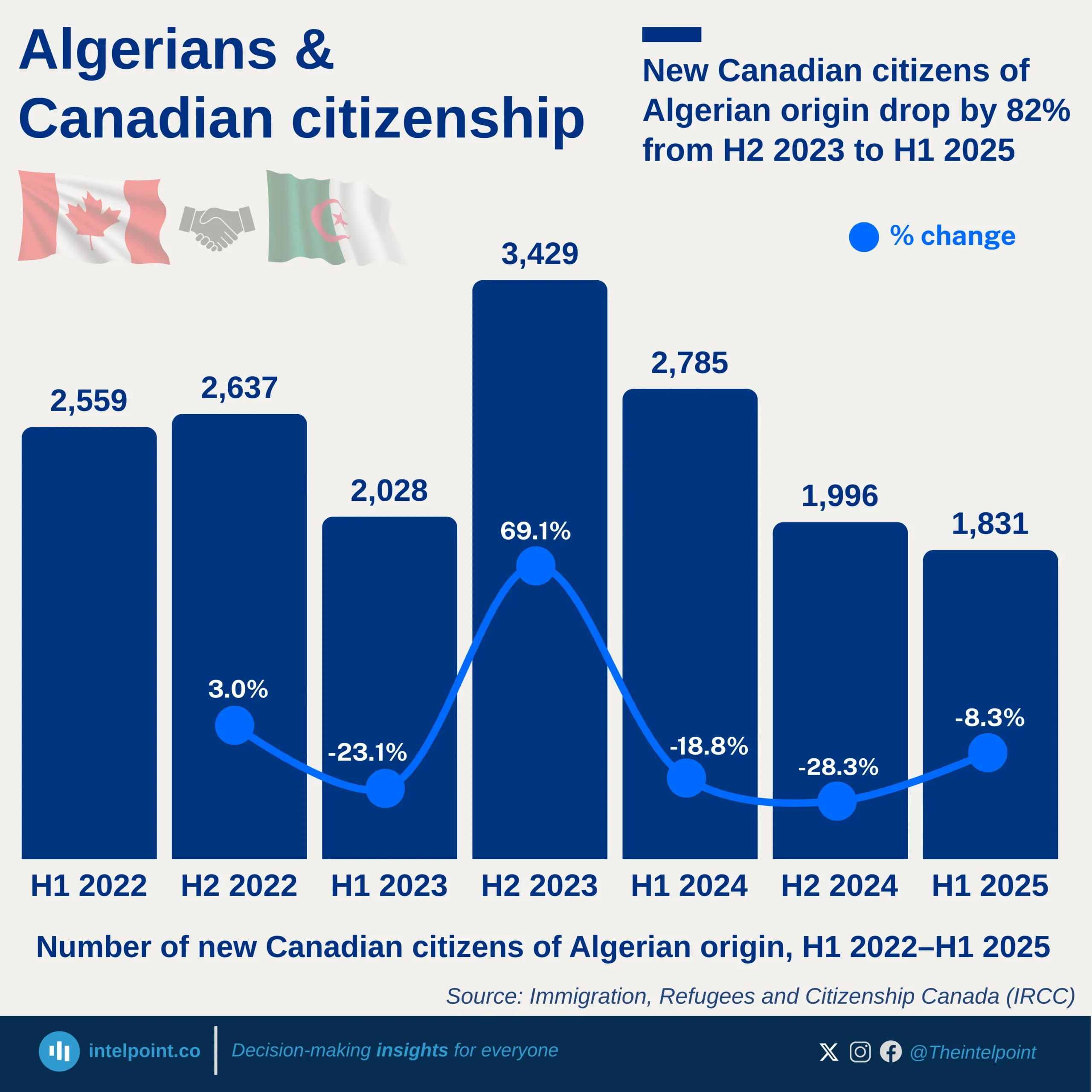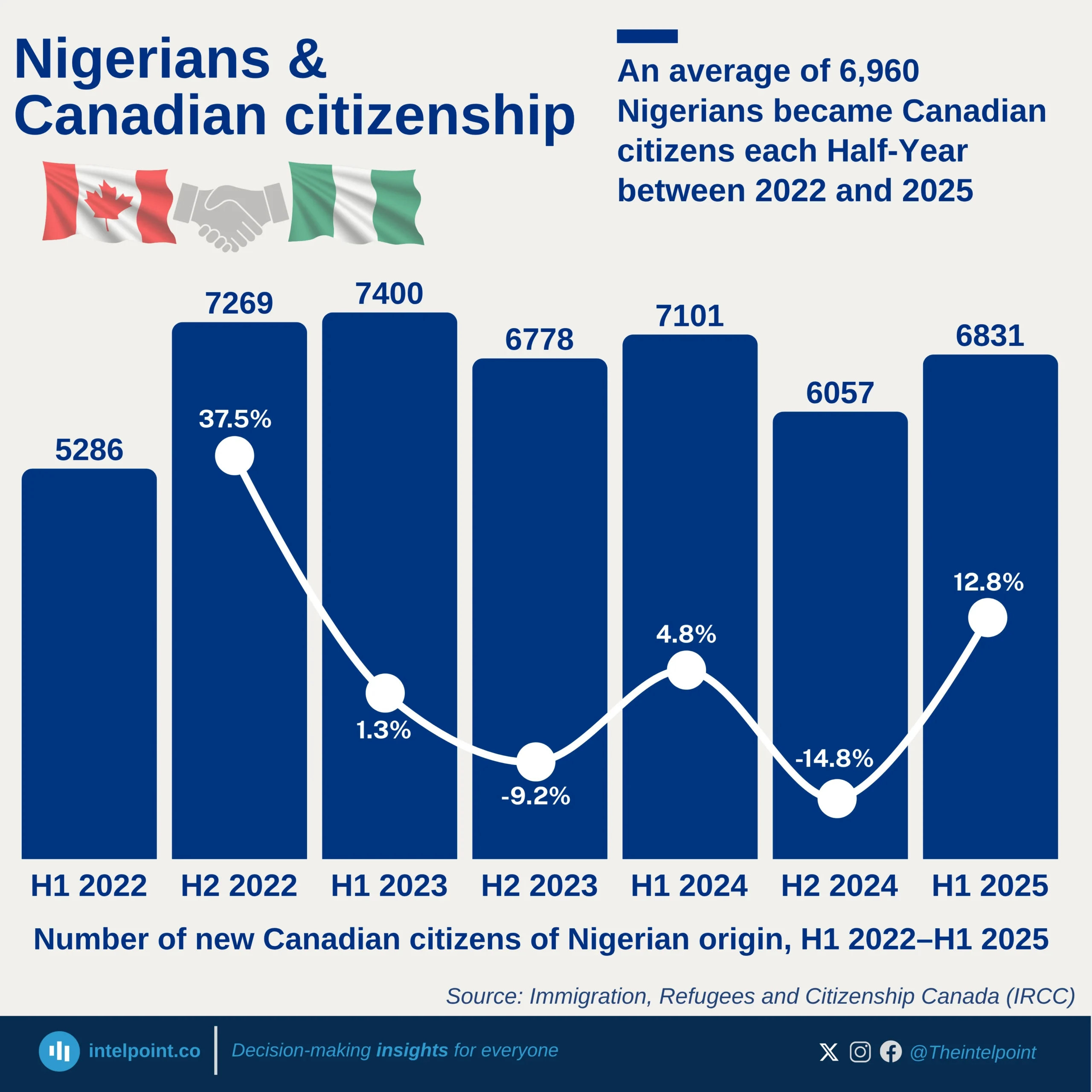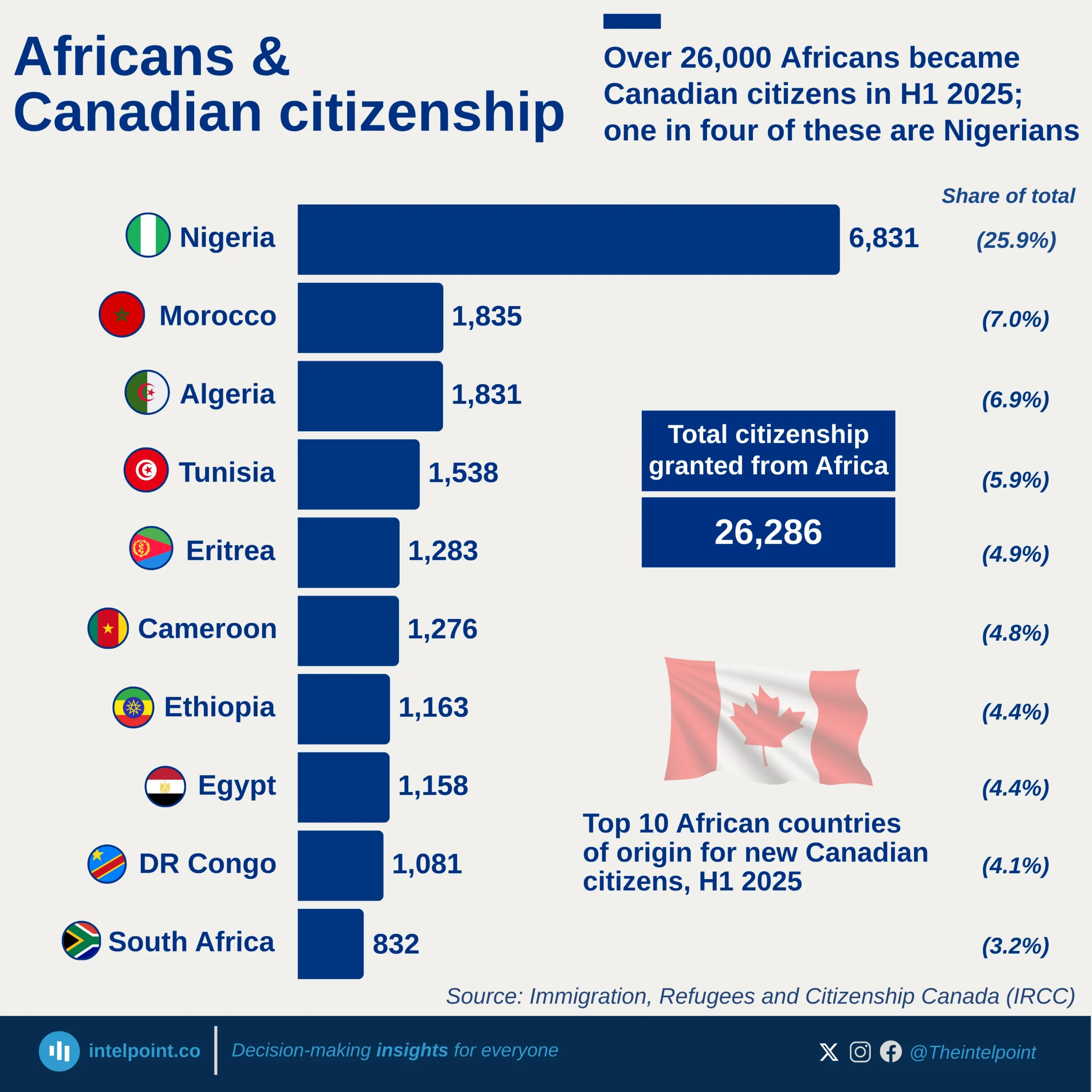At the top of the list, UAE stands out with 88% of its population being immigrants, a clear reflection of the country’s heavy dependence on foreign labor to drive its economy. Similarly, Qatar, Kuwait, and Bahrain show immigrant shares above 50%, cementing the Middle East’s dominance in global immigrant concentration. These nations have built their infrastructure and economies on the backs of expatriate workers, especially in sectors like oil, construction, and services.
Interestingly, Gabon is the only African country to feature among the top 20, with immigrants making up 19% of its population. While not as dramatic as the Gulf nations, Gabon’s inclusion underscores Africa’s own internal migration dynamics, particularly among regional neighbors.
